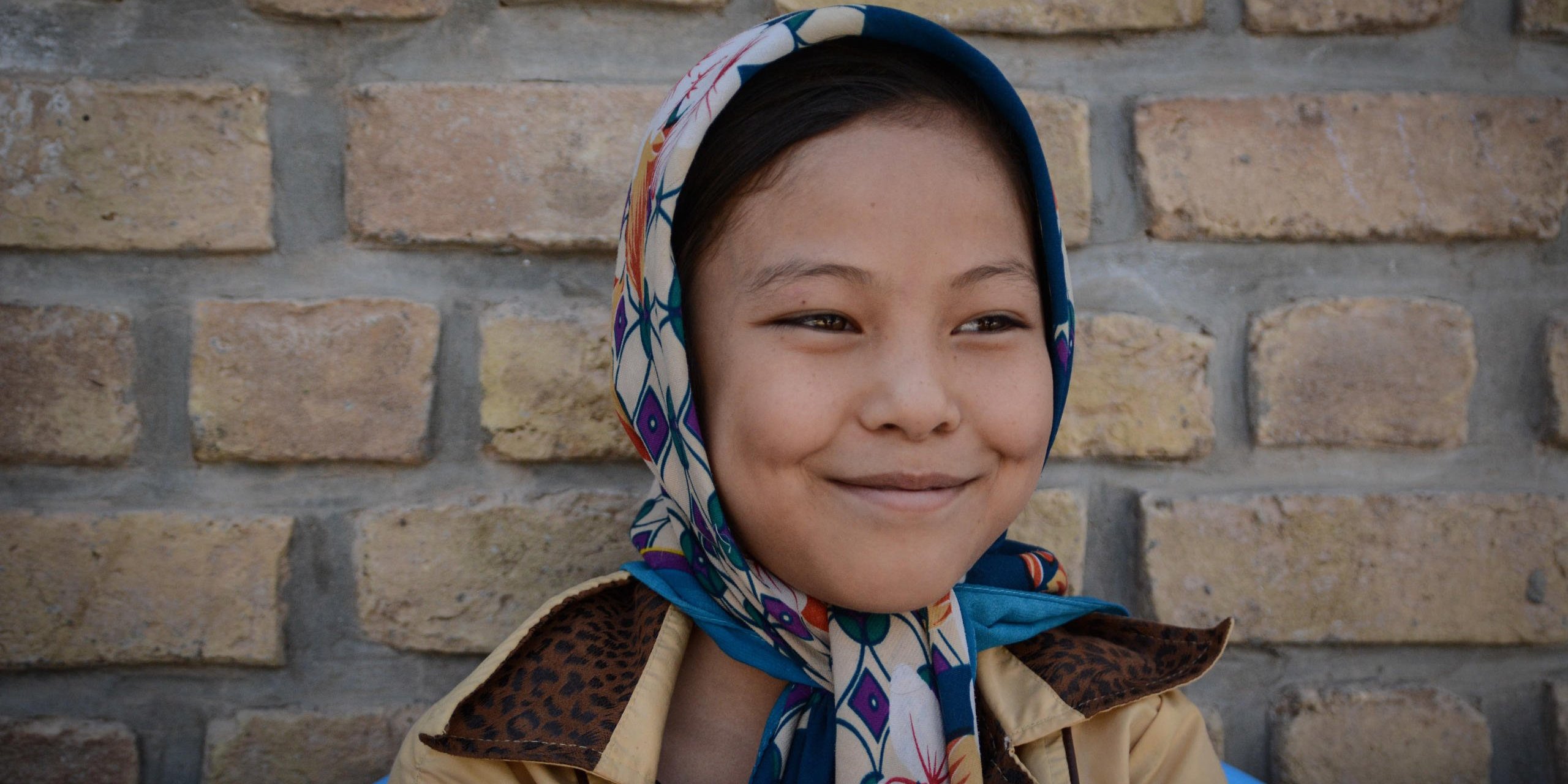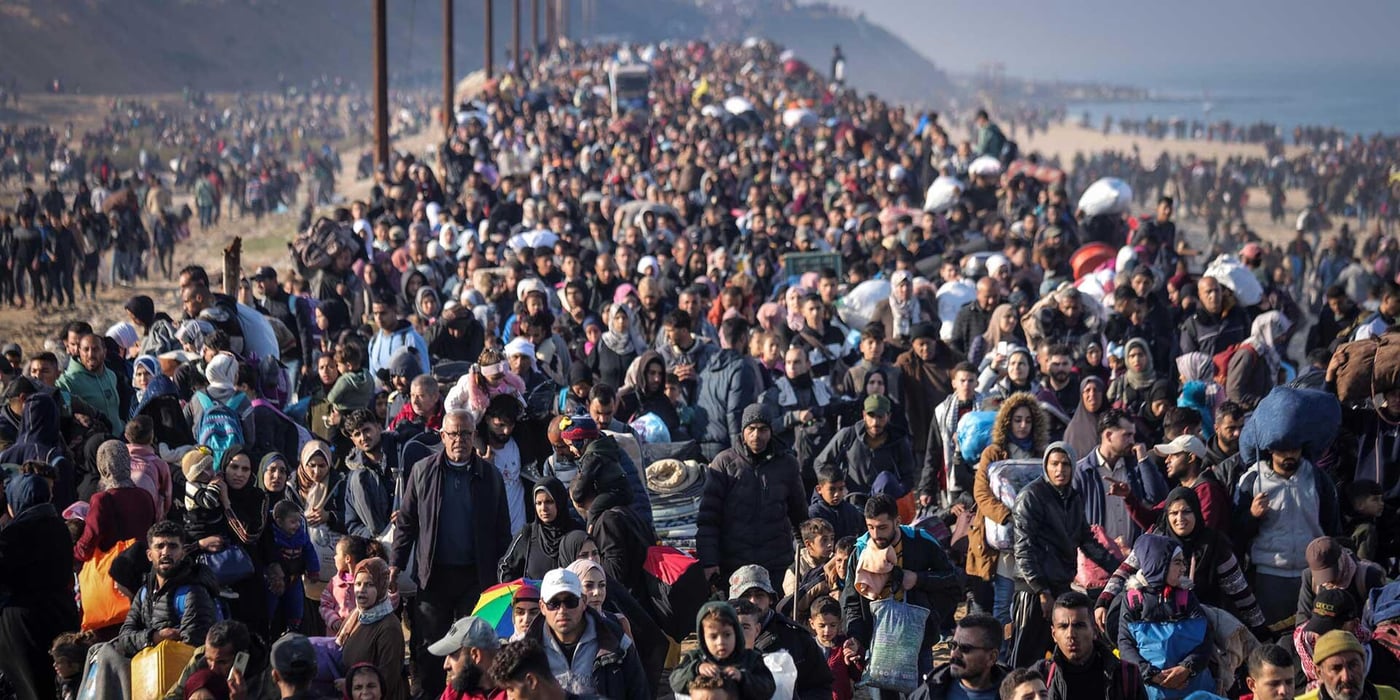
However, the willingness has been lacking in recent years and the humanitarian funding gap has increased rapidly. Last year, only 56% of the appeal was funded, and this year is set to become even bleaker.
“We have never been better equipped to reach millions in need of our support. It is therefore unforgiveable that a lack of funding and political willingness are depriving children of their right to education, leaving families without food and shelter, or elderly without access to medical assistance,” said Egeland.
“These are vulnerable people in urgent need. We cannot wait until we see photos of children dying of hunger or until refugees are fleeing in large numbers towards our shores, before we react,” he added.
More than 65 million people are displaced worldwide, due to war and conflicts, the largest figure since the aftermath of the Second World War. Protracted crises in several countries, like Afghanistan and DR Congo, combined with large crises in South Sudan, Yemen, Iraq and Syria, have resulted in the largest needs since the UN was created. 128.6 million people are in need of assistance.
“In a world of record high private and public spending, wealthy nations, companies and private donors should be perfectly able to provide the necessary support,” said Egeland.
The UN and humanitarian partners are asking for about 240 dollars per person to meet the needs of the 92.8 million most vulnerable people.
“We cannot continue to silently witness an increasing humanitarian funding gap, with devastating human costs,” Egeland added.



